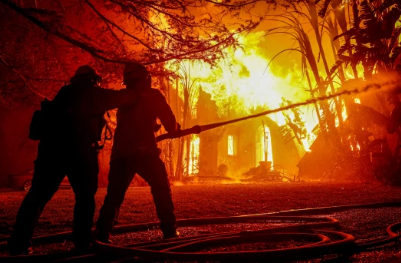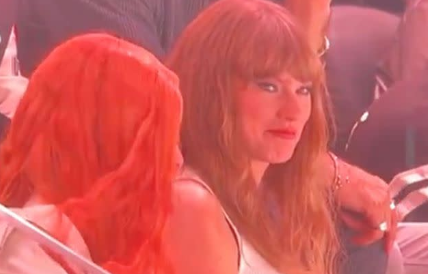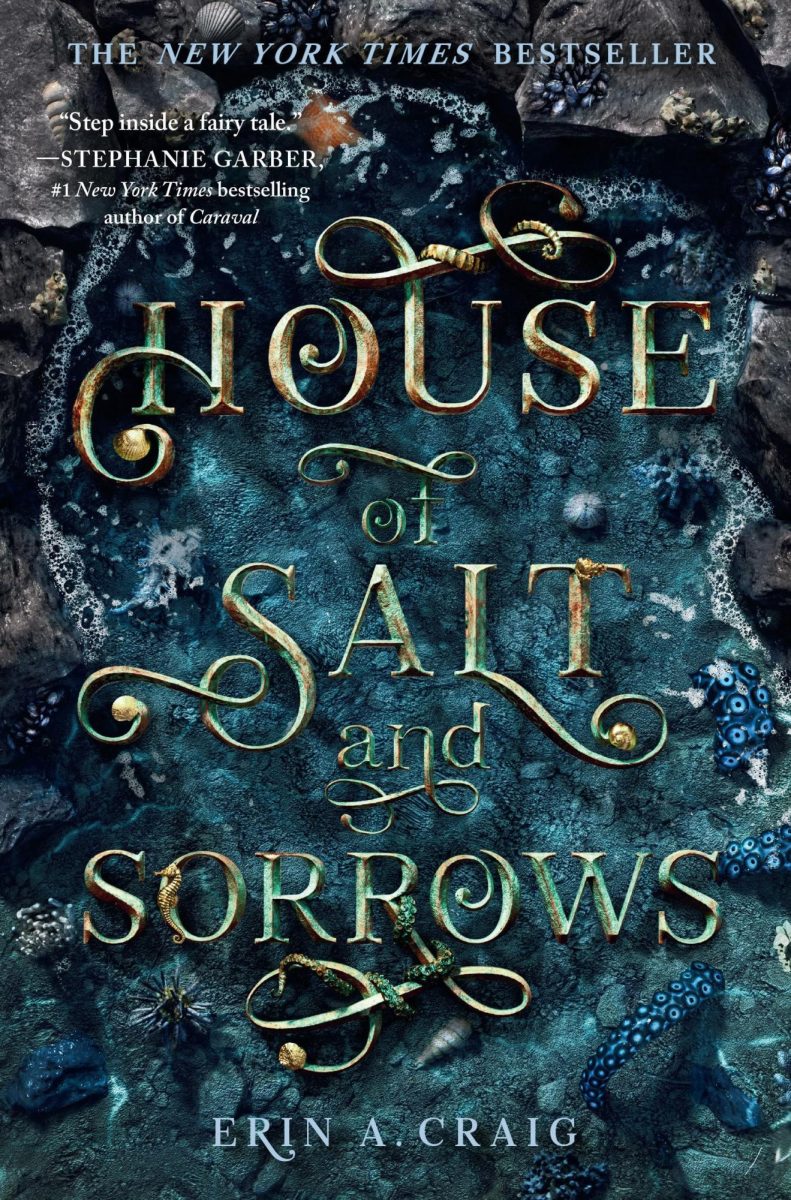A Poem and an Explanation Behind the Lines
March 18, 2022
A Man With Alzheimer’s
In a moment his mind will erase and he will cycle back to a blank state.
But for now his fingers frolic across the piano keys. It was a harsh winter night: a deadly temperature and the snow brawling with the wind. However, inside, the fire ablaze in the hearth of their home. It embraces the home with warmth and greets the man’s nose with a nostalgic aroma.
His mouth tastes weird. What was it he last ate?
He hears a symphony he had once long forgotten. How is he playing it?
And just for a moment he looks up from the black and white keys to see a woman’s eyes. It was like the first time he saw her. And tonight, she looks more beautiful than ever.
The Explanation
This poem was for the March Madness poetry contest at our school. In order to explain it, I will go through each line by itself and explain the literary devices I used to create it and my thought process behind writing the poem in general.
“In a moment his mind will erase and he will cycle back to a blank state.”
The first line of the poem is separate from the rest of the poem. It isn’t a long paragraph or anything, but rather a simple statement that is supposed to make the reader ask themselves a question. “Why is his mind going to erase this next moment? What is the importance of this next moment?” It also sets a rather melancholic tone for the beginning of the poem. Yet immediately after, the next line shifts into a more jolly mood.
“But for now his fingers frolic across the piano keys. It was a harsh winter night: a deadly temperature and the snow brawling with the wind. However, inside, the fire ablaze in the hearth of their home. It embraces the home with warmth and greets the man’s nose with a nostalgic aroma. “
In the first line I choose the word frolic to convey happiness. The man is playing music, and his fingers are dancing across piano keys in a happy manner. He’s happy but we’ll see that he doesn’t know why. I then establish the setting. Although it’s a harsh winter night inside, he and an unnamed person are inside of their home with a fire lit. It is a warm, good smelling, and safe setting. So the setting is this: a home in the middle of a winter storm, comforted and protected by the fire, filled with life through the cheerful tunes being played off of the piano.
“His mouth tastes weird. What was it he last ate? “
He hears a symphony he had once long forgotten. How is he playing it?
But what’s this? The man can’t remember what he last ate! He doesn’t know how he’s playing the song on the piano- but how can you not?
And just for a moment he looks up from the black and white keys to see a woman’s eyes. It was like the first time he saw her. And tonight, she looks more beautiful than ever.”
He looks up to see the piano keys to see a woman’s eyes. At first guess you probably think the woman is his wife and if you guessed this- you’d be correct! It was LIKE the first time he saw her because he has Alzheimer’s, but it wasn’t the first time he saw her. Tonight she looks more beautiful than ever, and even though he forgets that she is his wife- the love remains.
Throughout my poem I touch on the senses: taste (couldn’t remember what he ate), hearing (sound of the piano), touch (warmth of the fire), smell (smell of the fire), sight (seeing the woman who is his wife). I also included the feeling of love.
Before my Grandpa died, my dad told me that him and my Grandma would play music for my grandfather to help him remember when he was in his late stages of Alzheimer’s/dementia. I also know that supposedly individuals with dementia/Alzheimer’s who used to be past musicians could remember how to play songs on the instrument they played. It’s amazing that the talent and memory of music remains. I thought this would be important to include in my poem.
Although the situation is sad and that the man in my poem is about to forget a beautiful moment, it is hopeful because he is always going to be able to experience more beautiful moments like the one described in the poem “for the first time”.






























